Robots, artificial intelligence and machine learning are evolving chemistry practice. The Royal Society of Chemistry has a plan for harnessing our increasingly digitalised world
Modern problems demand high level problem-solving and abstract thinking, and artificial intelligence (AI) and machine learning can outperform human brains even in instances as nuanced as clinical decision-making. Similarly, the automation of physical experiments has found its proof of concept in a mobile robot chemist capable of performing almost 700 chemical reactions in eight days.
But drivers for chemistry innovation – like the need for molecules with new properties, or products made in sustainable ways – require human understanding too, as do the interconnected issues of health and environment that underpin scientific endeavour worldwide. Since only a holistic approach can solve them, the Royal Society of Chemistry’s (RSC) latest report Digital futures – A new frontier for science exploration and discovery outlines a plan. It is a blueprint for nurturing the necessary scientific skills and cultivating the right research techniques that envisions an optimised knowledge transfer environment for the scientific community.
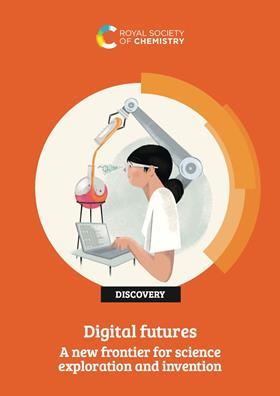
Scientists from universities, research institutes and companies contributed to this report. Their goal was to devise a plan for harnessing digital technology for scientific innovation from four perspectives – discovery, sustainability, talent and knowledge.
Calls for investment and national curriculum leadership from the UK government lead the priority list. But a clear talent acquisition and retention strategy is key, as is harnessing and augmenting the digitalisation of science and encouraging global collaboration.
The RSC’s five-point plan
- Invest in skills, training and infrastructure to fast-track discovery and innovation
- Foster cross discipline collaboration spanning industry and academia
- Attract top digital talent and provide development/lifelong learning opportunities
- Support and enable data standards and ethical international data sharing
- Develop recommendations for integration of digital skills in chemistry education
Insight leading to discovery
Charlotte Deane is a professor of structural bioinformatics at the University of Oxford. ‘If you were a student in crystallography 20 years ago, you solved the structure for a single interesting protein in your PhD,’ she says. With computers and robots now able to solve hundreds a month, chemists can ask totally different questions.
Deane says that is allowing scientists to ‘think in terms of multi-component systems’. In her field, the digital shift means she can move from designing something that binds or interacts at one site in a particular way ‘to designing something that impacts in exactly the way I would like it to with several different components of a system’. And once scientific insight is established, says Varinder Aggarwal – a professor of synthetic chemistry at University of Bristol – it makes sense to share it with the wider chemistry community.
Minimal information standards are key
Aggarwal says synthetic chemistry requires ‘much more data about what works and what doesn’t so we can develop better algorithms for the prediction of reaction outcomes’. ‘We need to record every reaction both positive and negative. Publishers can play a big role by specifying the type and format of data that needs to be made available.’ But that won’t be easy, ’Getting academics and journals to change their practices is hard.’
The report praises the Cambridge Crystallographic Data Centre, citing publishers’ requirement that chemistry papers containing crystal structure work is deposited there an example of good practice. It is an example in which digital technology makes science more reproducible, combating the waste of R&D time, energy and money by every lab undertaking and documenting the same research.
Dependable data banking
Analytical chemists will certainly have fast-tracked innovation using a program that automatically interprets NMR spectra to elucidate structure but digitalisation is problematic too. Glitches in data sharing platforms have also been shown to trigger issues, making a uniform approach an imperative.
‘Data provenance and integrity are crucial,’ says Muffy Calder, formal methods professor at the University of Glasgow. ‘Which equipment did the data come from? What was the test set-up? How do I verify that my sensing set-up is delivering information I can trust? What was the data collected for? Who is maintaining it? What representation of the data is being used? What standards are being used? What models are assumed in the representation of the data and what are those models based on?’ Faced with these, and many more questions around digitalisation, the contributors provided their insight for the wider chemistry community.
Collaborate for success
As the director of Elixir – a Europe-based intergovernmental organisation that helps researchers draw insight from life science data – Niklas Blomberg echoes Calder’s concerns. The report found a need to have a lot of senior people within a field coming together to think about minimal information standards. Community-led initiatives in biological science established a number of conventions for data recording obligations at the point of publication, Blomberg says in the report. ‘These have been put out as community papers, and that is what enables journals or editors to hold people accountable.’
The report also details the contribution digital technologies including advanced sensors and sensor networks could bring to environmental chemistry if combined with data streaming, modelling and visualisation. In improving overall operational efficiency in manufacturing, comprehensive data collection across different elements of a process or plant can provide a real-time view of a system – enabling better predictions and agility in decision-making.
Created in a forum of over a dozen scientific experts including academics and industry representatives operating across Europe and the US, the report will inform the RSC’s long-term thinking and strategy. RSC president-elect Tom Welton says Covid-19 has exacerbated the need for ‘a national strategy that positions the UK at the forefront of global science to solve global challenges’. For Welton and the UK – but equally for the world – it is about driving growth and prosperity by attracting inward investment and the best minds, which can only compliment the excellence offered by digitalisation.
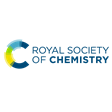




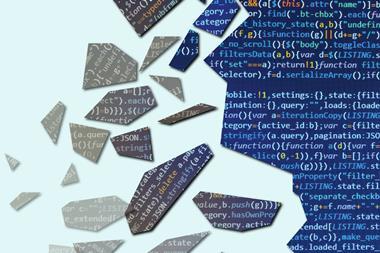
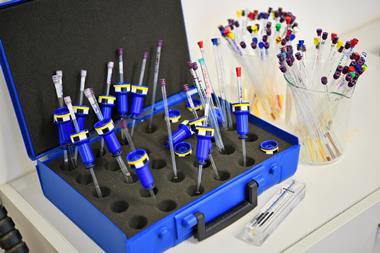







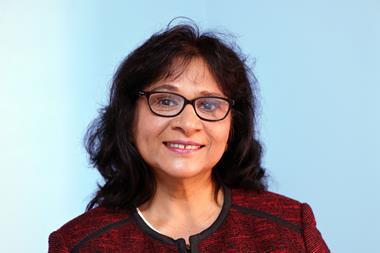
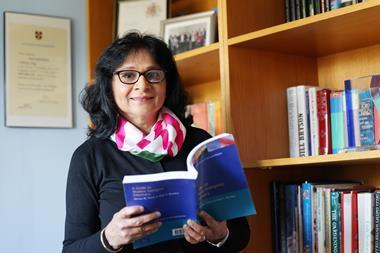

No comments yet